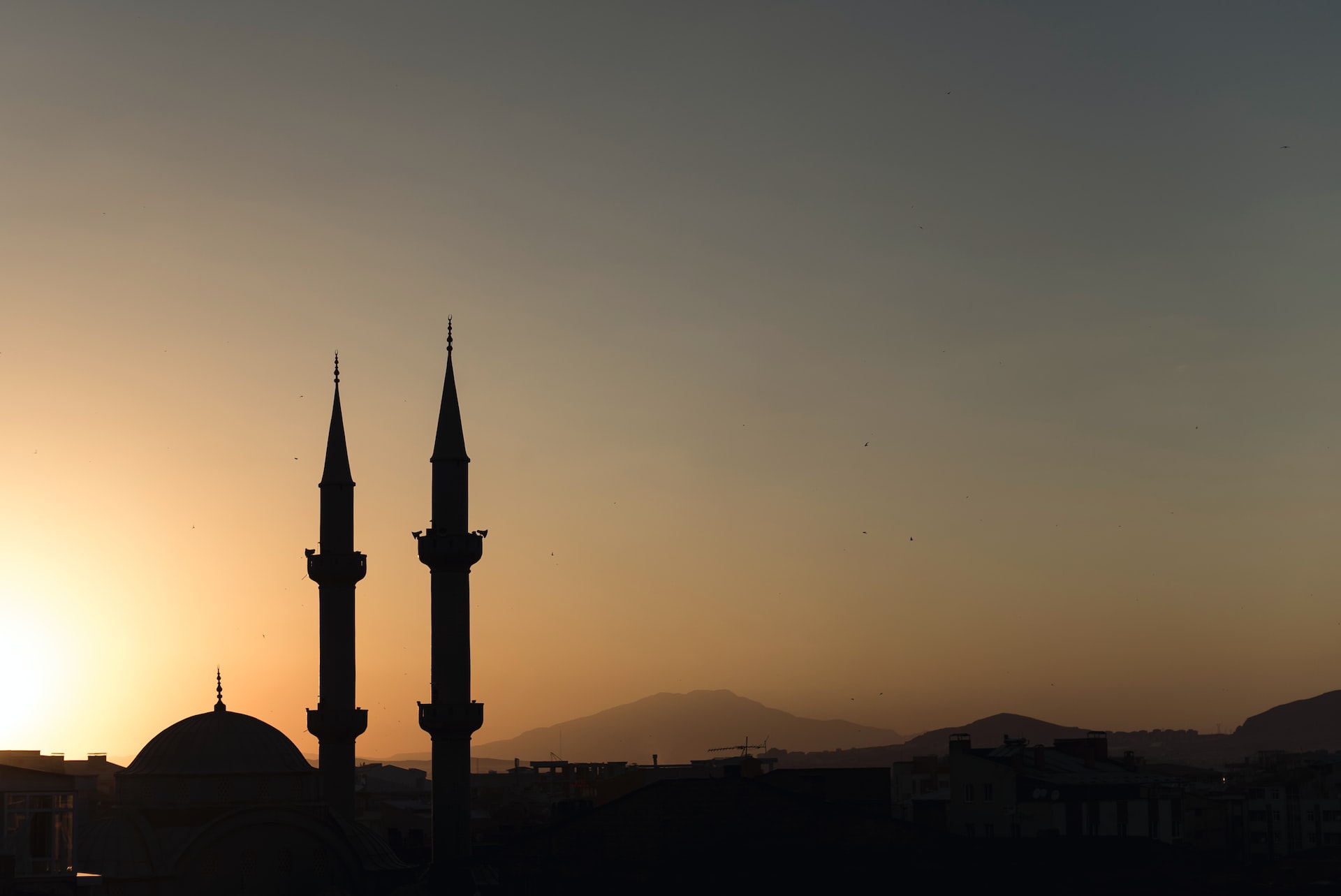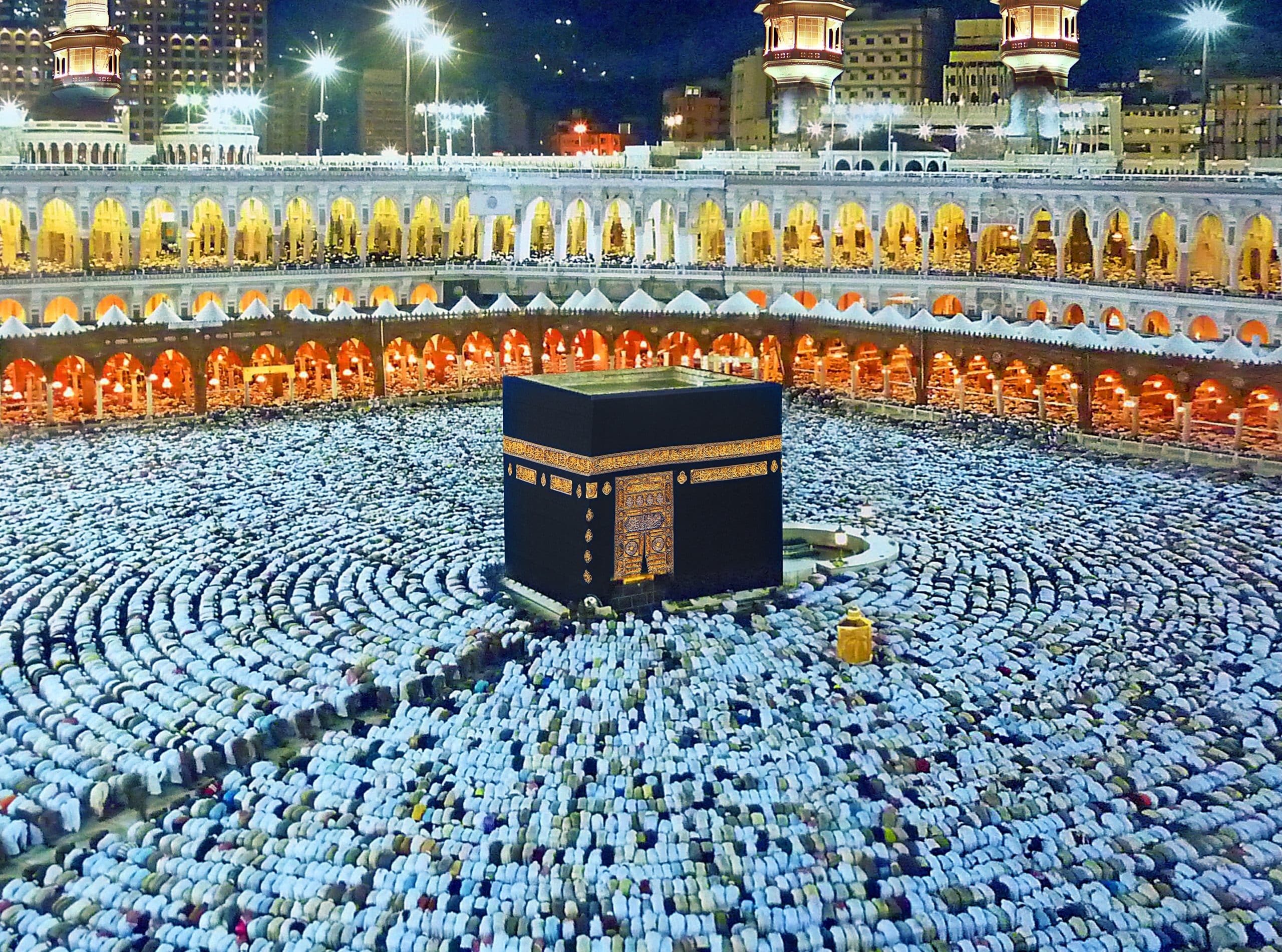
The Five Pillars of Islam are the core beliefs that serve as the bedrock upon which the religion is established. A follower has a responsibility to actively seek and adopt these ideals. It instills the lifestyle and turns it into a habit. These rituals fortify the foundation and bring people closer together. According to Islamic belief, Muslims are obligated to relentlessly pursue these ideals in the form of religious obligations. These core Islamic principles serve as daily reminders of Allah's teachings and guides on how to prioritize Allah in one's life. Connecting Muslims to the ultimate authority helps strengthen their faith. The Prophet serves as an inspiration for how they should live and what they should believe and devote themselves to.
Given below are the Pillars of Islam in Order.
The Five Pillars of Islam serve as a foundation for the major tenets of the religion and offer its adherents a feeling of belonging. In their sermons, they instruct Muslims on proper conduct. They constitute the basis of Islam and help its followers face and conquer life's many problems. Find out what it takes to complete each one and what you stand to get below.
The Five Pillars of Islam are crucial for Muslims because they dictate how believers should conduct themselves. Islamic teachings emphasize the importance of community and brotherhood. They are beneficial in strengthening one's conviction in Allah and the straight path He has paved. Allow me to elaborate on these five key Islamic beliefs.
Every person who identifies as a Muslim is expected to hold the belief that there is no god except Allah, and that Prophet Muhammad was his messenger. The sacred book of the faith is known as the Quran, and every follower is required to recite its verses with full certainty.
It facilitates the soul's communication with Allah and serves to bring one's attention back to the purpose of their existence. People are more likely to have modesty and self-respect as a result of it. Faith is one of The Five Pillars of Islam, and it is the one that enables individuals to feel emancipated and leads them to give themselves to Allah.

Muslims pray five times a day: once in the morning, once in the middle of the day, once at sunset, and once after nightfall. It is common practice to recite the first chapter (surah) of the Qur'an aloud during prayer, which may take place on a specially designed prayer rug or mat. Prayers may also be done standing up. Muslims are free to worship anywhere on their own or together at a mosque, which has a designated prayer leader known as an imam who leads the congregation in prayer
On Fridays at noon, the males congregate in the mosque for prayer; women are allowed in the mosque, but they are not required to worship there. Following the prayer, there is a sermon that concentrates on a reading from the Qur'an, which is then followed by further prayers led by the imam and a discussion on a specific religious issue.

The giving of charitable contributions to those who are less fortunate is required by this tenet of Islam. Donations made by Muslims who are prosperous or financially secure are given to individuals and associations for the purpose of constructing mosques, schools, hospitals, and other institutions that may assist the disadvantaged in some manner. It is a religious obligation that sends the blessings of Allah to the people who do it.
Giving to charity allows one to temporarily put their own needs aside and get a better understanding of the struggles faced by other people. Additionally, it provides those in need with the opportunity to feel solidarity and revitalizes everyone's trust in the goodness of mankind. It contributes to the accumulation of wealth and helps to keep society in a stable state.

Each full-grown adult Muslim is expected to fast throughout the month of Ramadan during the daytime. This month marks the beginning of the Quran's revelation, thus Muslims use the month of Ramadan to reflect on and express thankfulness for everything that God has given to them. When fasting during Ramadan, one is reminded of the religious obligation to aid the poor by experiencing the same feelings of hunger and thirst.

If a Muslim is in the good physical condition and financial standing, Hajj is obligatory. The journey to Saudi Arabia's holy city of Mecca is known as the Hajj. Travelers make a ring around the Kaaba, a cube-shaped building at the heart of the Haram Mosque. It's often thought to be Ibrahim's temple to the divine. Both the eighth and twelfth days of the Islamic calendar's final month are set aside for the Hajj pilgrimage.
The act of doing the pilgrimage represents brotherhood and equality before Allah. Additionally, it is Allah's declaration. In order to worship Him, pilgrims on the Hajj trip put aside their social and racial prejudices. It calls for self-control and a commitment to Him that is motivated by dedication and love.
All members of society, regardless of age or gender, are expected to adhere to these core tenets of Islam. Children are expected to follow the same Five Pillars of Islam as adults, but they are given more freedom to do so. The general consensus is that it is not appropriate for children to make a financial contribution to charity; nonetheless, they are permitted to do Hajj with their parents and may volunteer their skills. In order for children to develop into better people as adults, they are instructed beginning in childhood to incorporate the lessons they learn into their daily lives.
We offer Online Quran classes in USA! If you want to learn more about Quran and Quranic Recitation through native Arabic teachers then get in touch with us now.